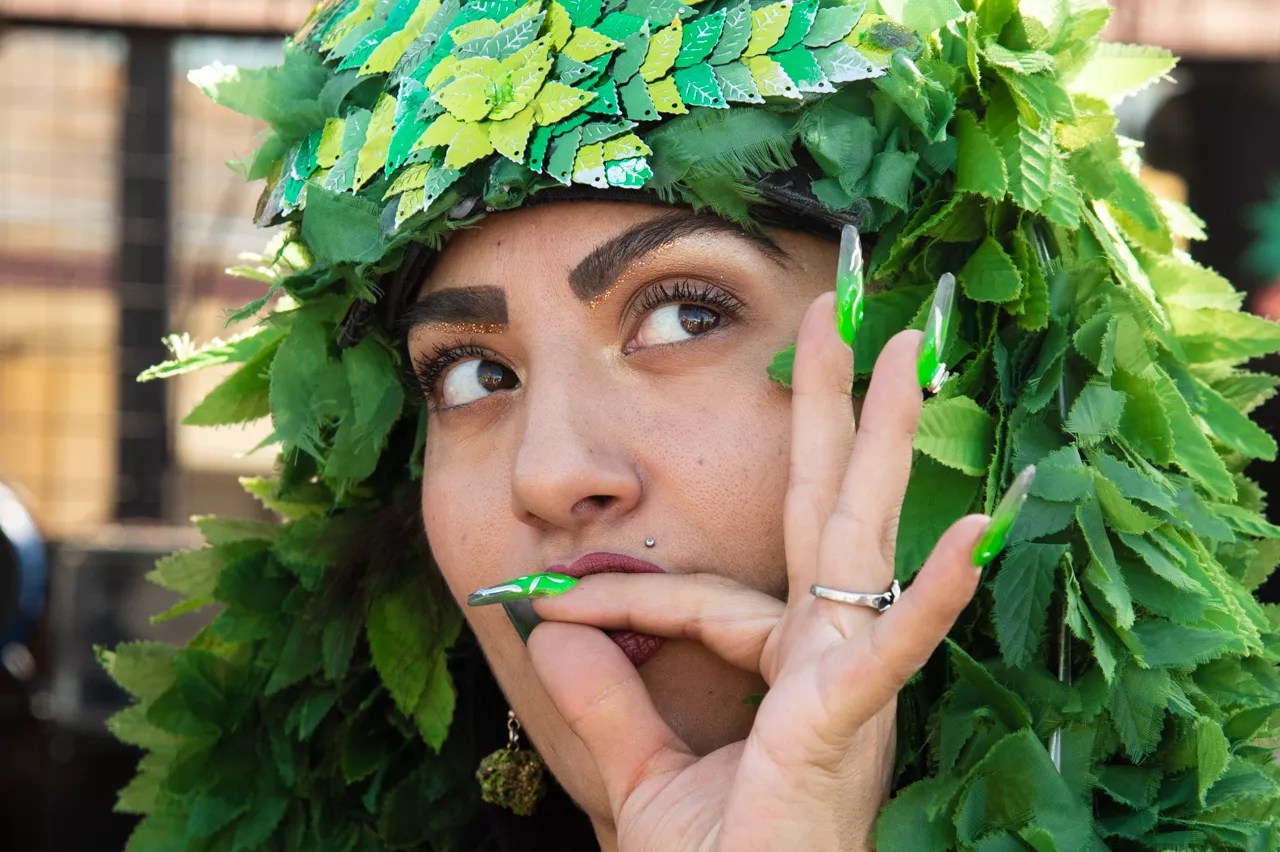
O’Hara Shipe

Audio By Carbonatix
May was a historic month for the cannabis industry.
Last month, the U.S. Drug Enforcement Administration announced it will soon move to reclassify marijuana as a less dangerous drug, marking a seismic shift in the country’s notoriously strict drug policy.
Another huge shift has happened more gradually. Now, for the first time ever, daily marijuana use has surpassed daily alcohol use in the United States, according to a study conducted by Carnegie Mellon University.
Authored by CMU cannabis policy researcher Jonathan Caulkins, the study examined trends in alcohol, tobacco and cannabis consumption over 40 years. In 2022, an estimated 17.7 million people reported using marijuana daily or near-daily compared with 14.7 million daily or near-daily drinkers, according to an analysis of national survey data from the Associated Press published May 22. By contrast, fewer than 1 million people said they used marijuana nearly every day in 1992.
While more people drink than use weed overall, high-frequency drinking is less common than high-frequency cannabis use.
“A good 40% of current cannabis users are using it daily or near daily, a pattern that is more associated with tobacco use than typical alcohol use,” Caulkins told the Associated Press.
Those findings don’t surprise Gary Smith, co-founder of the Arizona Cannabis Bar Association. Before the state legalized medical marijuana in 2010, advocates had long espoused the idea that cannabis was safer than alcohol.
“This was sort of prophesized,” Smith said.
Many use weed for health purposes. Greta Brandt, president of The Flower Shop, said more and more of her customers – especially millennials and Gen Z consumers – use cannabis to help with overall physical and mental health. The Flower Shop operates five dispensaries across Arizona and Utah.
“There’s an interest in how (someone) can manage anxiety and stress during the day versus grabbing a glass of wine at the end of the day,” Brandt said.

Legal weed sales generated .2 billion in revenue in Arizona in 2023.
O’Hara Shipe
Novelty factor
Marijuana usage really boomed in Arizona when voters approved a 2020 ballot measure to legalize recreational use and sales. Currently, there are 24 states, plus Washington D.C., with recreational marijuana laws in effect. Another 17 states have medical usage laws in place.
Weed’s rapid decriminalization has lent it a novelty factor, Smith suggested, which the study appeared to confirm. The study’s conclusion section stated “long-term trends in cannabis use in the United States parallel corresponding changes in cannabis policy.” Marijuana use grows, unsurprisingly, “during periods of policy liberalization.”
“For the past 50 years, you really haven’t seen cannabis be widely available,” Smith said “So it’s a fascinating new thing, and I’m not surprised that people gravitate to it.”
Adding to the intrigue is the sheer number of cannabis products on the market. Walk into almost any dispensary, and you’ll be hit with a selection mirroring that of a convenience store: gummies, cookies, vapes and beverages line walls and shelves – along with old-fashioned flower bud.
Brandt noted that many of these items are available in low dosages, making them less intimidating to newbies.
“They’re gravitating towards the discrete products,” Brandt said, “something that won’t smell in your purse.”
By all accounts, legalizing medical and recreational marijuana has done wonders for Arizona’s economy, raking in close to $1.2 billion in sales last year. Still, there have been issues. The industry has fought labor battles, while there have been problems with the social equity licenses meant to funnel legal weed money to communities historically harmed by past drug enforcement policies.
There’s also been some concern about the long-term health effects of marijuana use. Dr. David A. Gorelick, a psychiatry professor at the University of Maryland School of Medicine, told the Associated Press that research shows that high-frequency users are more likely to become addicted to cannabis.
To this point, Brandt says it’s important to adhere to an “everything in moderation” mindset, and encourages people to monitor how they react to certain products, which can differ greatly from person to person.
“Overconsuming any drug is terrible,” she said. “But it’s still a safer bet, in my opinion, than the long-term consumption of alcohol.”